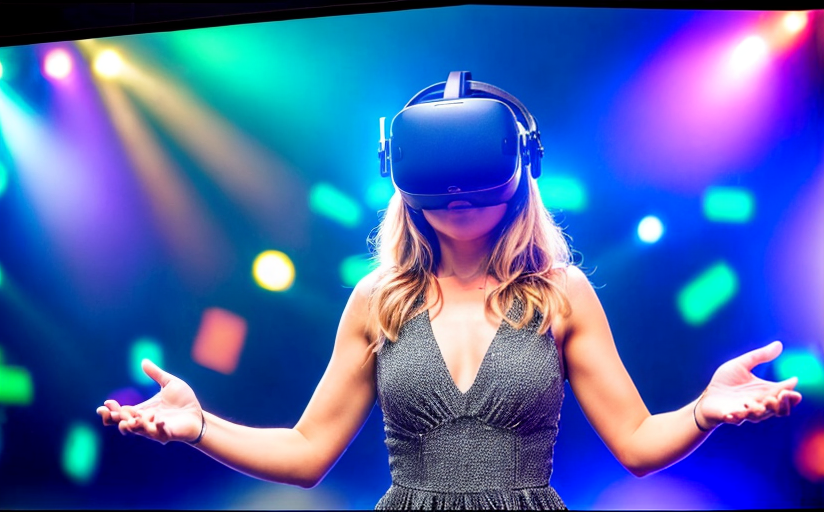The Phenomenon of Virtual Reality Technology in the Music Industry
The evolution of technology has always influenced the environment in which music is created, distributed, and performed. One cutting-edge technology reshaping these facets—especially within live concerts and music festivals— is Virtual Reality (VR).
Revolutionizing the Concert-Going Experience
Virtual Reality engagement is changing the way we experience music, embedding audiences in the heart of the experience and enabling them to feel the electricity of a live concert at their comfort. Leading the charge to integrate this innovative technology into the music world is MelodyVR, which is making waves for its application in replicating live performances. MelodyVR provides a platform for artists to offer fans a multi-dimensional concert experience, making the audience feel as if they were on stage or backstage with their favorite artists.
Expanding Global Accessibility
With the advent of VR, physical or geographical barriers no longer limit the enjoyment of live performances. Global festivals such as Coachella and Tomorrowland have adopted VR technology to allow a global audience to experience performances virtually. These developments have drastically expanded the potential audience for live concerts and festivals, unlocking a new income stream for the music industry.
Enhancing Audience Interaction
VR facilitates new levels of interactivity with audiences, allowing them to virtually meet their favorite artists, choose different camera angles and experiences, and even interact with other remote fans. This unique interaction makes a concert more than just a passive viewing event.
Challenges of VR in Music Industry
Despite the exciting possibilities of VR technology in the music world, there are challenges. For example, while VR expands accessibility, it cannot completely replicate the feeling of physically attending a live concert. Some critics argue that this could lead to a decline in physical attendance at music events. Also, there are still limitations regarding VR hardware and internet bandwidth, which might prevent some fans from fully embracing this technology.
Audience Feedback and Industry Predictions
Thingser, a user-focused VR research firm, reported that fans generally have positive feedback over the novel and immersive experience that VR concerts provide. However, for the technology to reach its full potential, it needs widespread adoption and continuous improvements in technical areas.
Industry professionals also view VR technology positively. Live Nation, the largest concert promoter, foresees that VR could be the future of the music industry and integrates VR experiences into some of its events. Predictably, as VR technology continues to mature, it will play an increasingly significant role in redefining the music experience.
Conclusion
VR technology in the music industry is an exciting development offering an enriched, unique, and accessible experience for music lovers worldwide. Despite the challenges it currently faces, the future of VR in this industry is bright, with its potential largely untapped and the possibilities endless.



















Comments
Leave a Comment